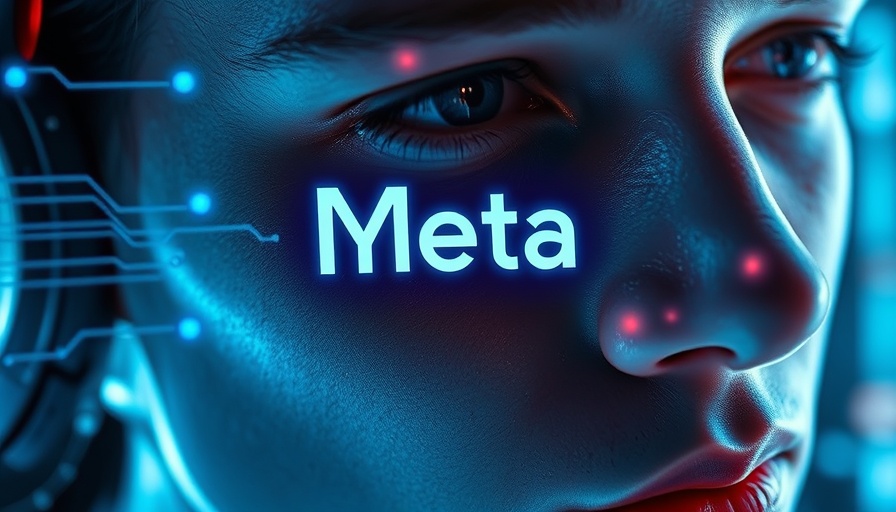
Meta's Unconventional Approach to Data Center Construction
Meta, the tech giant led by CEO Mark Zuckerberg, is pushing the boundaries of data center construction in an effort to dramatically increase its computing power. In a surprising turn of events, the company has decided to utilize actual tents as temporary data centers while permanent facilities are under construction. This move highlights the urgency Meta feels to catch up in the highly competitive AI technology race, particularly against rivals like OpenAI and Google's AI initiatives.
The Demand for Speed in Tech
As industries increasingly rely on artificial intelligence, the demand for efficient data processing capabilities has skyrocketed. Meta’s plan for a 5-gigawatt data center known as Hyperion, located in Louisiana, underscores this urgency. According to reports from SemiAnalysis, these tent-like structures aren’t designed with aesthetics or longevity in mind but rather to quickly fulfill the increasing need for computational resources. “This design isn’t about beauty or redundancy. It’s about getting compute online fast!” emphasized a representative from SemiAnalysis.
Why Tents? The Practical Considerations
Utilizing tents may seem like an unconventional choice, but there are practical reasons behind it. Temporary structures allow Meta to sidestep long construction delays typically associated with traditional data centers. With minimal infrastructure and quick deployment times, these tents provide immediate capacity. Furthermore, recent advancements in portable power and cooling technologies have supported this model. As noted, “From prefabricated power and cooling modules to ultra-light structures, speed is of the essence,” indicating that the priority lies in agility, not permanence.
Global Context: The Race for AI Dominance
Meta's strategy aligns with a growing trend in the tech industry where companies strive for rapid innovation and deployment in AI technologies. As reported recently around the globe, corporations are investing heavily into data center capacities to support their AI ambitions. For instance, some governments in the UAE are channeling billions into developing advanced AI data centers, marking a global push that underscores the strategic importance of AI.
Responses from the Tech Community
The tech community has met these developments with a mix of skepticism and intrigue. Some experts question whether such transient solutions could meet the reliability standards expected of data centers, while others see it as a necessary approach to keep pace in an agile market landscape. As fresh tech news continues to emerge, the industry will be watching closely to ascertain the effectiveness and reliability of these tent-based data centers.
Meta's Future: A Look Ahead
As Meta surges forward in its AI initiatives, the implications of their novel approach to data center construction will be significant. With the Hyperion data center projected to reach 2 gigawatts by 2030, the tech world will likely see more companies adopting flexible solutions to meet increasing demands. These movements point toward a trend where companies might embrace impermanent solutions to adapt to shifting technologies and growing competitiveness in AI.
Considerations for Industry Observers
For those following technology trends, it becomes essential to analyze how these developments might influence future investments and innovation paths. The shift toward quicker, modular construction in data centers could pave the way for smarter and more adaptive tech infrastructures. Therefore, stakeholders in technology and finance should take note—what may seem like a temporary fix for Meta could inspire entrenched changes across the tech sector.
As we progress into a future dominated by AI, keeping abreast of such innovations is crucial. Meta's approach raises questions about how flexibility, speed, and technology converge in building the infrastructures that will likely power the next generation of AI breakthroughs.
 Add Row
Add Row  Add
Add 



Write A Comment